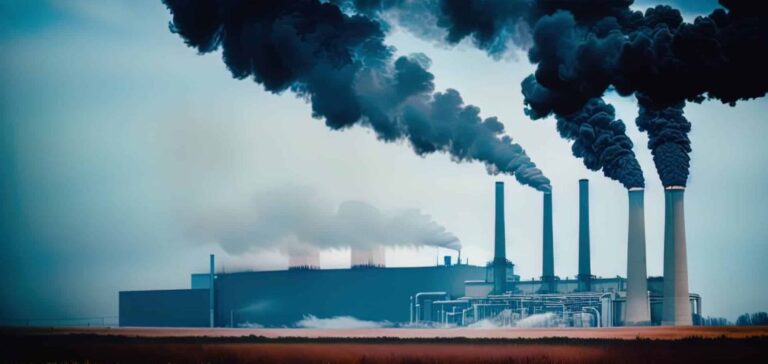A recent publication in Science sheds new light on the effectiveness of climate policies implemented over the past 25 years in 41 countries, representing 81% of global emissions.
The study, conducted by the Potsdam Institute for Climate Impact Research (PIK) and the Mercator Research Institute (MCC) in Berlin, reveals that reducing greenhouse gas emissions can only be achieved through a carefully orchestrated combination of taxes, strict regulations and incentives.
Contrary to popular belief, measures taken in isolation, such as banning coal-fired power plants or simply taxing carbon, are proving insufficient to achieve climate targets.
Success stories such as that of the UK, where a marked drop in coal emissions was observed after the introduction of a combination of regulations, incentives and a carbon price floor, confirm the need for an integrated approach.
Concrete results thanks to integrated strategies
Of the 1,500 climate policies analyzed in the study, only 63 led to significant reductions in emissions, with an average drop of 19% in the energy, transport, industry and building sectors.
Norway, for example, succeeded in promoting the adoption of electric vehicles by combining incentive taxes with targeted subsidies, illustrating the effectiveness of a well-designed, integrated policy.
These observations underline the importance of a strategic approach in which the various measures complement each other to maximize their impact.
Simply multiplying policies, without coherence or synergy, does not guarantee better results.
It is the combination and alignment of measures that ensures greater effectiveness.
Implications for future policies
The findings of this study are particularly relevant in the current context, as the signatory countries of the Paris Agreement prepare to submit updated versions of their climate roadmaps by February 2025.
The focus must be on creating integrated policies capable of meeting the complex challenges of decarbonization.
It is essential to consider that the most effective policies are those that are part of a long-term vision, based on rigorous planning and the use of multiple economic levers.
Such strategies not only reduce emissions, but also stabilize energy markets by encouraging a smoother transition to more sustainable modes of production and consumption.






















